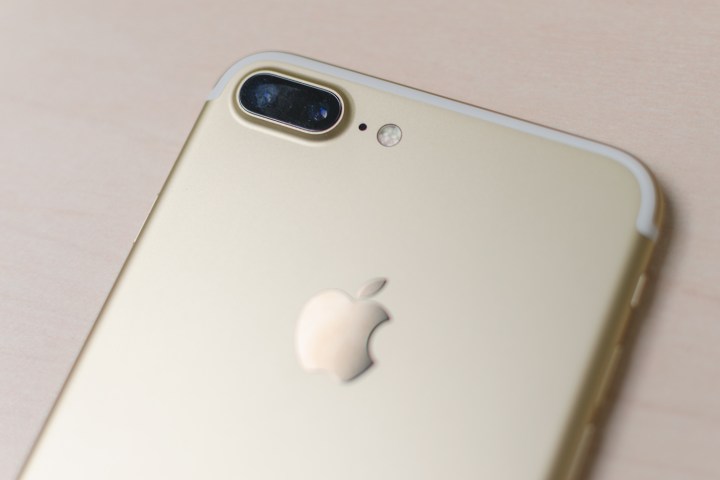
Ali Hajimiri, a professor at Caltech and principal investigator on the project, explained how it works. “We’ve created a single thin layer of integrated silicon photonics that emulates the lens and sensor of a digital camera, reducing the thickness and cost of digital cameras.”
This is great news. The camera sensor, lens, and other parts are one of the thickest components inside a modern smartphone, and as the quest to make devices thinner accelerated, designers were forced to house them inside raised sections. See everything from the iPhone 7 Plus to the Galaxy S7 for evidence of this unfortunate trend. Caltech’s OPA digital lens may be the answer the industry is looking for, enabling designers to make devices really thin, without compromising with an unsightly hump on the back of the device.
However, it’s not only aesthetic advantages that come with using the OPA digital lens. Hajimiri continues, saying that not only does it mimic a regular lens, “but it can switch from a fisheye to a telephoto lens instantaneously, with just a simple adjustment in the way the array receives light.”
The camera and its abilities are a major smartphone selling point, and adding a more capable zoom feature, like Apple and Huawei, sets the device apart from the competition. However, features like optical zooms traditionally require even more space to operate. By manipulating the light using an OPA lensless system to achieve the zoom effect will be attractive to manufacturers seeking smaller devices. It’s not the first time Caltech has experimented with small camera lenses, and worked with Samsung on a flat lens project earlier this year.
While we’re excited for this technology, it’s still in the early proof-of-concept stage, and the images captured by the lensless camera so far are low resolution. The next stage is to scale up the camera so it can take higher resolution images. Project co-author Behrooz Abiri doesn’t hold back when talking about the impact this may have on the industry, saying, “Once scaled up, this technology can make lenses and thick cameras obsolete.”
Editors' Recommendations
- This is one of the toughest smartphone camera comparisons I’ve ever done
- World’s smallest .56-micron pixel heralds the end of camera bumps


